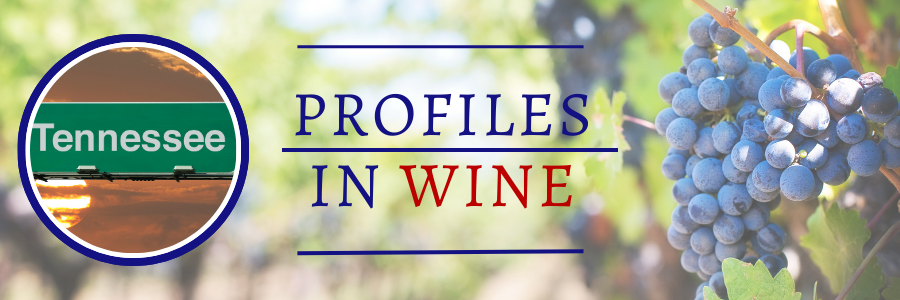The Volunteer State first had grapes and wine in the 1800’s, but as elsewhere the industry was wiped out by Prohibition. Today the wineries are spread across the state, with one statewide Wine Trail having Eastern, Middle, and Western sections for wine lovers to visit. That trail was formed just a year ago, and this September a Quality Assurance Program was launched by the Tennessee Wine and Grape Board, which is appointed by the Governor. The QAP seal on labels assures consumers that the wine has gone through a laboratory analysis and independent judging.
The Tennessee Farm Winegrowers Alliance supports the industry with festivals, promotion, education and legislation. The far western area of the state, near Memphis, is part of the large Mississippi Delta AVA, and the hot humid climate is most suitable for French-American and Native American grape varieties, along with various fruits.
The Apple Barn Winery, located on the banks of Little Pigeon River in Apple Barn Village, makes…Apple Wines! They also blend the apples with other fruits—cherries, cranberries, peach—and are close to both a Hollywood Wax Museum and Titanic Museum. Nearby Mountain Valley Winery in Pigeon Forge also uses apples as the base for blends with watermelon, rhubarb, and other fruits, and features a Red Velvet wine that tastes like a slice of cake. Stonehaus Winery, on the Cumberland Plateau, is the only Tennessee winery with statewide distribution in wine, liquor, and grocery stores. Owned by the Ramsey family, with the legendary Fay Wheeler as its Wine Production Consultant, Stonehaus has a reputation that extends far beyond the state’s borders.
Great Grapes: Baco Noir
Developed in France in response to the phylloxera epidemic, Baco Noir is a relatively cold-hardy variety that produces a high acid, deeply pigmented red wine that can resemble Cabernet Sauvignon, especially if oaked.


